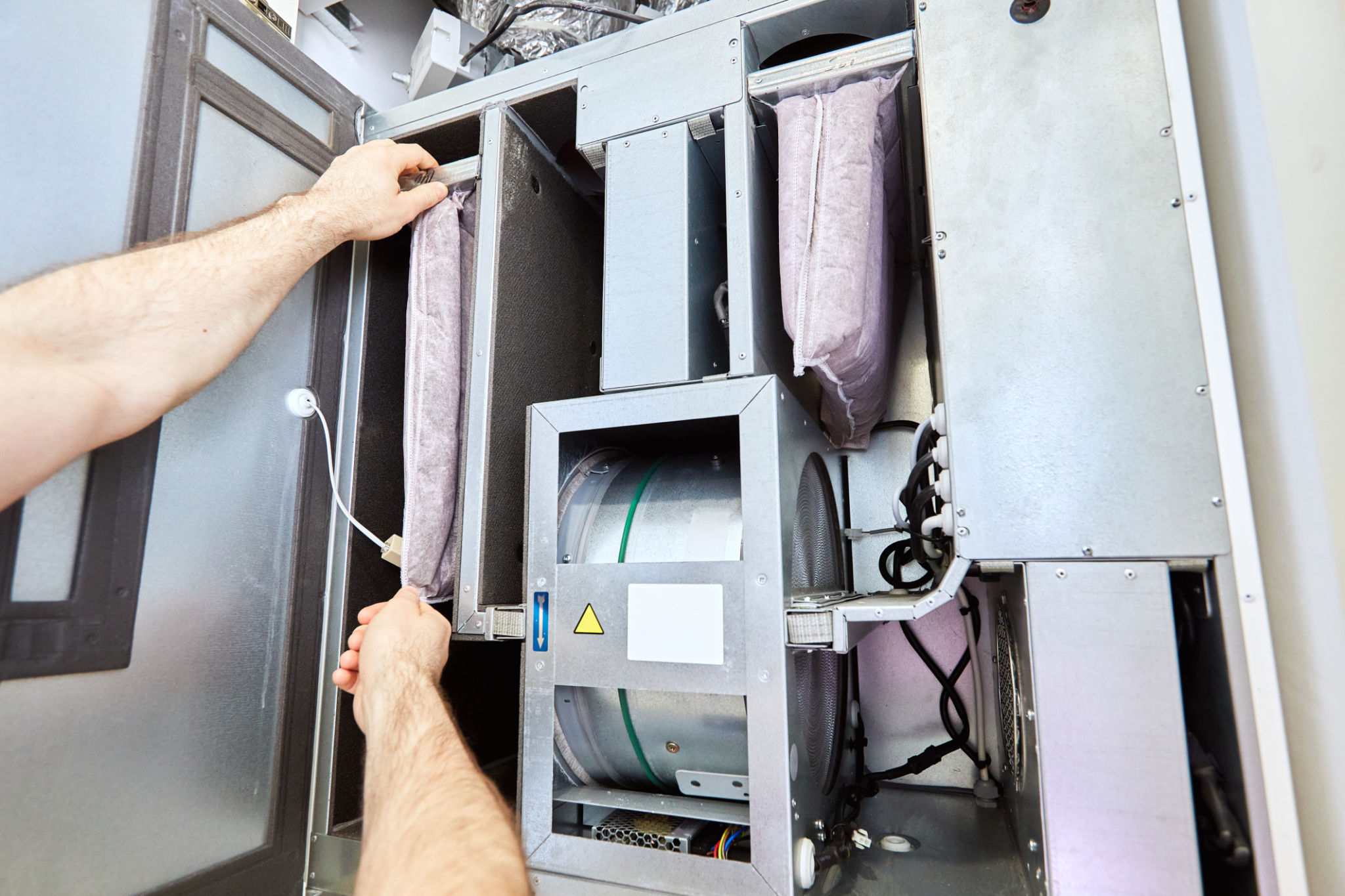How Bamboo Charcoal Suppliers in Saudi Arabia are Leading the Way in Sustainability
Introduction to Bamboo Charcoal
In recent years, bamboo charcoal has emerged as a sustainable material with a multitude of applications. Known for its ability to purify air and water, it has become a popular choice among eco-conscious consumers and industries. In Saudi Arabia, suppliers of bamboo charcoal are at the forefront of driving sustainability in various sectors, showcasing innovative uses and responsible sourcing practices.

The Role of Bamboo Charcoal Suppliers
Bamboo charcoal suppliers in Saudi Arabia play a crucial role in promoting sustainable practices by offering eco-friendly alternatives to conventional products. These suppliers have established themselves as key players in the market, providing high-quality bamboo charcoal that is sourced responsibly and processed with minimal environmental impact.
By focusing on sustainability, these suppliers contribute to reducing carbon footprints and fostering an environmentally conscious culture. Their efforts not only benefit the environment but also support the growing demand for green products among consumers who are becoming increasingly aware of their ecological choices.
Applications of Bamboo Charcoal
The versatility of bamboo charcoal is one of its most appealing aspects. It is used in a variety of applications, including:
- Water Filtration: Bamboo charcoal effectively removes impurities, making it an ideal component in water filtration systems.
- Air Purification: Its porous nature allows it to absorb pollutants and odors, improving indoor air quality.
- Personal Care Products: Due to its detoxifying properties, it is used in skincare and dental products.

Sustainable Sourcing Practices
One of the key factors that set bamboo charcoal suppliers in Saudi Arabia apart is their commitment to sustainable sourcing. These suppliers often collaborate with local farmers to ensure that bamboo is cultivated and harvested responsibly. This partnership not only supports local economies but also ensures that bamboo plantations are managed sustainably, preventing deforestation and promoting biodiversity.
Furthermore, many suppliers invest in research and development to enhance the efficiency and sustainability of their production processes. By continually improving their methods, they minimize waste and reduce energy consumption, setting a standard for sustainability in the industry.
Challenges and Opportunities
While the bamboo charcoal industry in Saudi Arabia is making significant strides towards sustainability, it faces challenges such as market competition and consumer awareness. However, these challenges also present opportunities for growth and innovation. By educating consumers about the benefits of bamboo charcoal and expanding product offerings, suppliers can tap into new markets and drive further adoption of sustainable practices.

The Future of Bamboo Charcoal in Saudi Arabia
The future looks promising for bamboo charcoal suppliers in Saudi Arabia. As environmental concerns continue to rise, the demand for sustainable products is expected to grow. Suppliers who prioritize eco-friendly practices and innovative solutions will likely lead the way in shaping a more sustainable future for the region.
Bamboo charcoal's potential to address environmental issues while providing economic opportunities makes it an attractive option for industries looking to adopt greener practices. With continued support from consumers and stakeholders, bamboo charcoal suppliers can play a pivotal role in driving sustainability across various sectors.